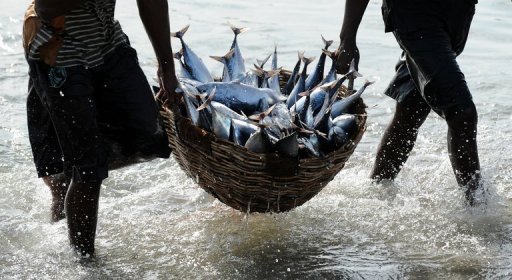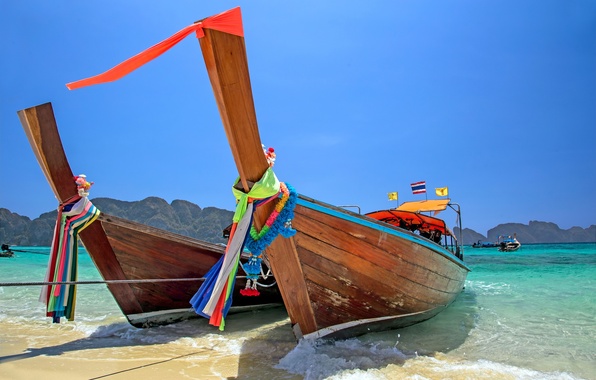
The Kolis, Mumbai’s fishermen community, have been celebrating the annual festival of “Nariyal Purnima”, the “Coconut festival” since ancient times, this year being celebrated on 7th August.
During the monsoon season, fishermen take a break and avoid venturing into the high seas. The day of “Nariyal Poornima” marks the end of the monsoon and beginning of the new business fishing season. On this day, the fisherfolk offer coconut to the sea-God and pray for a safe journey ahead in the sea again. As per traditions Kolis know that after this day the wind strength and direction changes in favour of fishing.

Like almost all festivals in India, “Narali Poornima” is also a reminder of the deeper and critical connection of food- health- environment-culture. A reminder of how food diversity is linked to diversity in the biological world and why this biodiversity should be valued at all costs.
The upwelling and nutrient content of the waters during the monsoons is conducive to fish breeding, hence it is important to spare them to breed in their best season. The native fishermen have been taking a break from fishing during the monsoon period before “Nariyal Poornima” since decades now, much before “sustainability” & “sustainable fishing” became the latest buzzwords in health and environment corridors. Since years, public health recommendations to eat more fish for it’s omega 3 fats has led to overfishing, indiscriminate fishing practises and irreversible collapse of marine environment in the oceans globally. Looking at the current trend, marine ecologists predict that fish stocks are set to collapse in 40 years and propose sustainable fishing, in order to restore marine ecosystem health.

The newest diet trend of “Reducetarianism” is about the world waking up to reduce animal protein intake and eating more plant based foods. Since time immemorial, the indigenous fishing community always had a sustainable way of eating its fish. They instinctively had the wisdom to cherish food diversity, to stop eating limited resources like fish so as to allow it to nurture and grow in its best mating season and switch to other essential “plant” based fats like coconut for that time period. They already knew what the latest Nutrition research is now discovering: it’s not about having a single nutrient for heart health, its about having diversity in food. If fishes are good sources of omega 3s, so are nuts, homemade butter and ghee, beans, mangoes, lentils, varieties of rice and many more. During monsoon month like shravan, most people in India have been giving up eating meat and fish and turning “Reducetarian”. Reducetarianism is hence, not a new concept for Indian culture. It’s a new name to it’s ancient philosophy of eating “food” not “nutrients”, of eating in a way that it adds value not only to you, but also causes least possible harm to our planet and maintains ecological balance globally.
References and other related articles
Overfishing: a threat to marine biodiversity – the United Nations
Fish, human health and marine ecosystem health: policies in collision- International Journal of Epidemiology
Biodiversity for a world without hunger- UN FAO
Image credit:Google images
